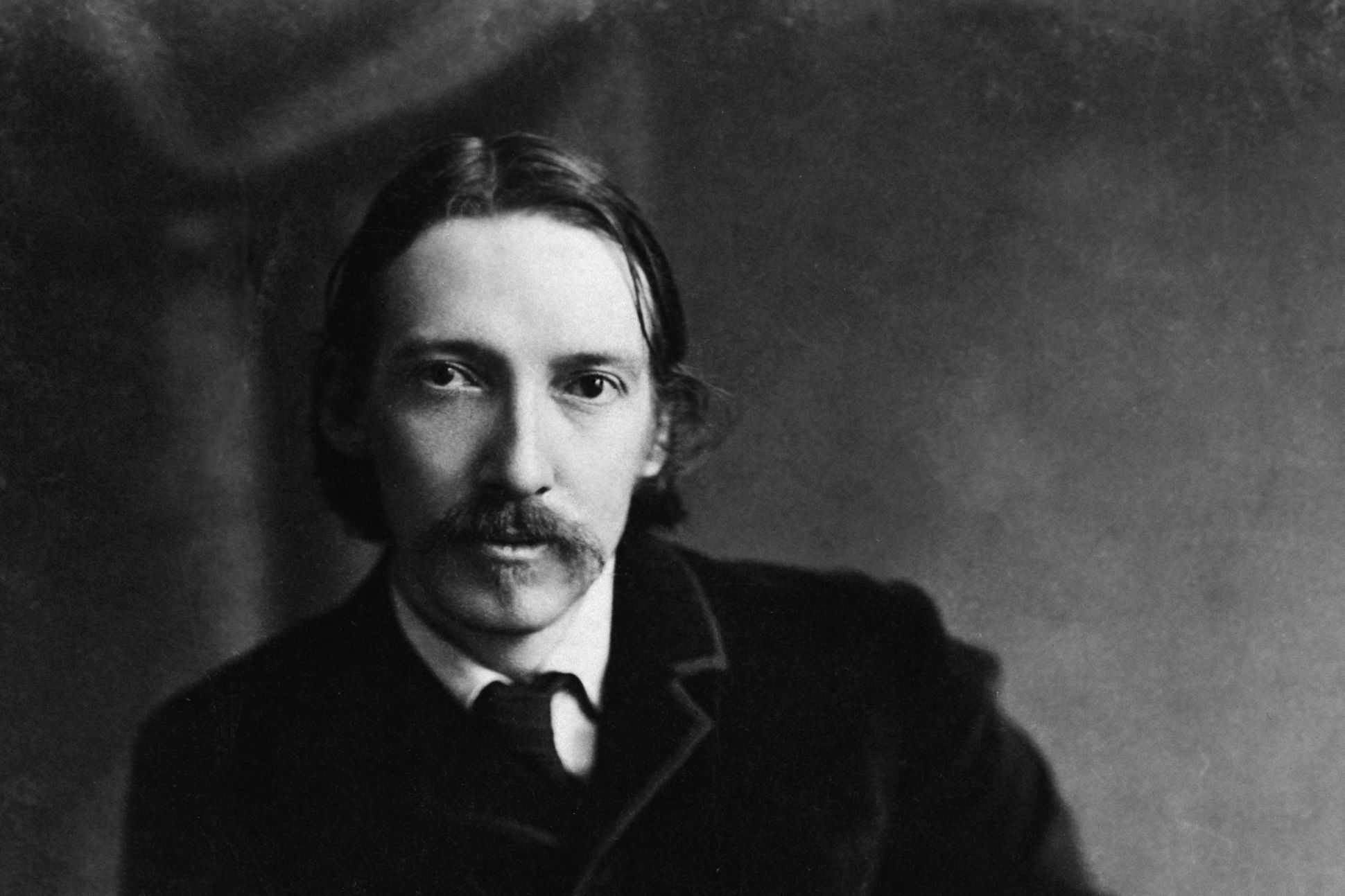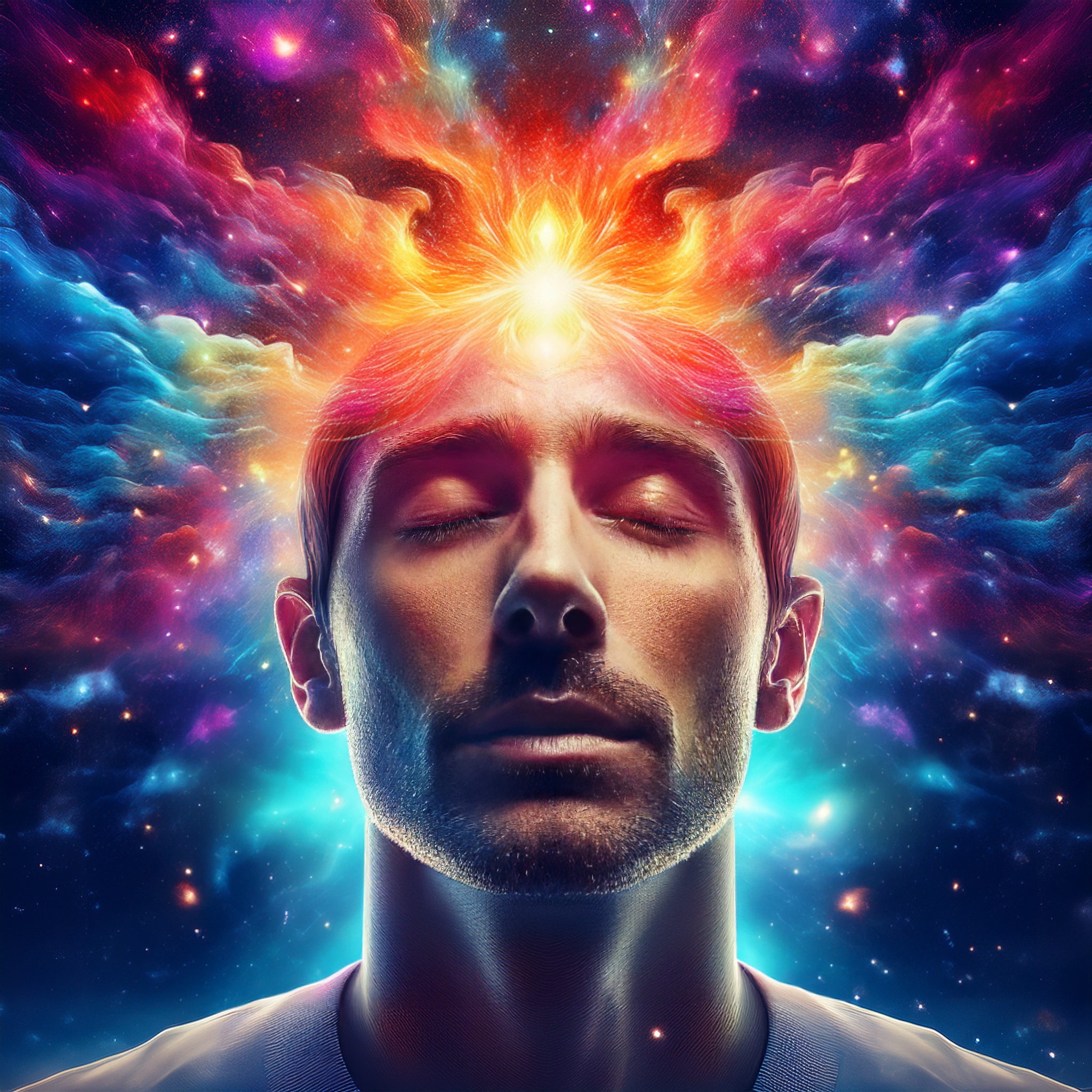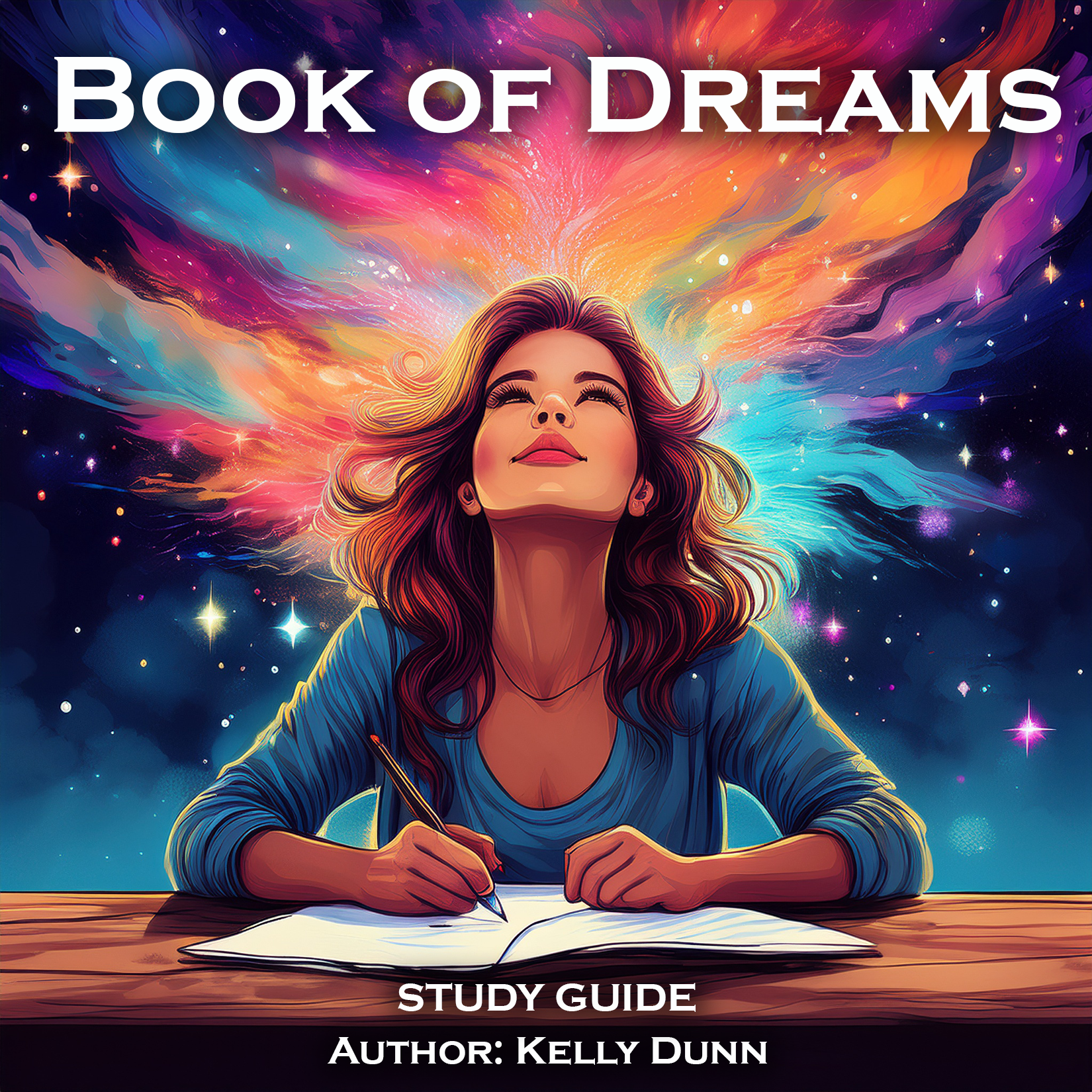Robet Louis Stevenson - Dr. Jekyll and Mr. Hyde
Today's Thought: The idea that dreams may sometimes hint at or predict future events in the dreamer's waking life

I was awakened by cries of horror from Louis. Thinking he had a nightmare, I awakened him. He said angrily:
"Why did you wake me? I was dreaming a fine bogey tale."
Stevenson's stepson, wrote: "I don't believe that there was ever such a literary feat before as the writing of Dr Jekyll. I remember the first reading as though it were yesterday. Louis came downstairs in a fever; read nearly half the book aloud; and then, while we were still gasping, he was away again, and busy writing.
I doubt if the first draft took so long as three days."
"The mere physical feat was tremendous, and, instead of harming him, it roused and cheered him inexpressibly". He continued to refine the work for four to six weeks after the initial revision.
Stevenson came downstairs to read the manuscript for his wife and stepson.
Enraged by his wife's criticism, he went back to his room, only to come back later admitting she was right. He then threw the original draft into the fire, and stopped his wife and stepson from rescuing it.
Stevenson racked his brains for an idea for a story and had a dream, and upon waking had the idea for two or three scenes that would appear in the story Strange Case of Dr Jekyll and Mr Hyde. Biographer Graham Balfour quoted Stevenson's wife.
Inspiration may also have come from the writer's friendship with an Edinburgh-based French teacher, Eugene Chantrelle, who was convicted and executed for the murder of his wife in May 1878. Chantrelle, who had appeared to lead a normal life in the city, poisoned his wife with opium.
Paul McCartney: Dreamed the melody for the song "Yesterday."
Albert Einstein: Developed the concept of relativity, potentially influenced by dreams.
Srinivasa Ramanujan: Received mathematical theorems through dreams and the Hindu goddess.
Robert Louis Stevenson: Conceived the story of "Dr. Jekyll and Mr. Hyde" in a dream.
American Indian Tribes: Practiced dream sharing and valued dream insights.
James Cameron: Conceived ideas for the films "Terminator" and "Avatar" through his dreams.
Initial Phase: Dunn initially relied on Universal Dream Symbols to understand his dreams.
Key Realization: Over time, Dunn recognized that dream symbols possess personal and deeper meanings beyond universal interpretations.
Developing Belief: Dunn developed the belief that dreams act as a guide for conscious life, potentially foretelling events and offering solutions to problems.
Professional Successes: Dunn believes many of his professional achievements were aided by insights gained from his dreams.
Software Coding Example (Specific Instance): While working on a software program and facing an obstacle, a dream provided Dunn with the solution and instructions, which he successfully applied upon waking.
Research on Dream History: Kelly Dunn conducted research into the historical significance of dreams across various cultures.
Creating the "Book of Dreams" Series (Recent): Kelly Dunn created the "Book of Dreams" series to share his experiences and provide an outline for others interested in dream interpretation.
Current Belief: Dunn continues to believe in the power of dreams and the potential for self-discovery through their interpretation.
General Concepts and Advice Presented in the Study Guide:
Dreams as Meaningful: The study guide emphasizes that dreams are not random but carry meaning, reflecting subconscious thoughts, emotions, and experiences.
Universal Symbols as a Starting Point: While acknowledging Universal Dream Symbols, the guide stresses the importance of personal context in interpretation.
Dreams as a Guide (General Concept): The guide presents the idea that dreams can offer foresight and solutions to waking life challenges.
Practical Dream Interpretation: The guide provides practical advice on:
Recording dreams immediately upon waking, capturing details and emotions.
Utilizing Universal Symbolism as an initial step.
Focusing on Personal Association to connect symbols with individual experiences.
Analyzing the Emotional content of dreams.
Interpreting the Narrative or "story" of the dream.
Connecting dream content to current waking life events.
Applying Dream Insights: The guide suggests using dream interpretations to:
Identify and address potential problems.
Gain clarity on decisions.
Enhance self-awareness.
Foster creativity.
Dream Interpretation as a Journey: The guide frames dream interpretation as a personal, ongoing journey of self-discovery requiring patience and an open mind.
Modern Dismissal of Dreams: The guide notes the contemporary tendency to disregard dreams as mere nonsense, contrasting it with historical perspectives.
Book of Dreams - Study Guide - Get Yours Today!
* The Dream
* Dream Timeline
* Dream Briefing
* Dream Study Guide
* FAQ (Frequently Asked Questions)
The ebooks give an insight into the dreams that Mr. Kelly Dunn has been compiling for over thirty years.
Bookmark this page for future updates!

